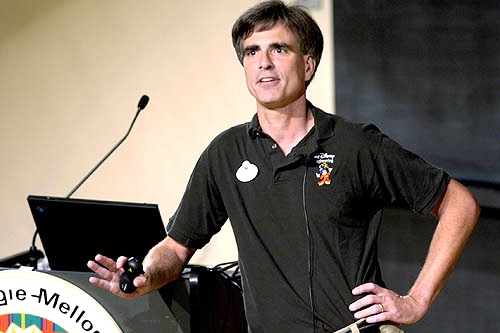Answer: Ikigai
|
As the world celebrates my birthday today, January 20th, in Washington, DC, this 74th birthday isn't the critically most important birthday for me personally. The birthday that drives me is the one 26-years from now. I share the same birthday as George Burns, whose goal was also to reach his 100th birthday. Therefore, I intend to replicate Burns' achievement. I exercise daily for at least 45-minutes, eat properly, get medical checkups routinely, and do all that I can to further my goal. Therefore, when I happened to notice a lecture on TED concerning How To Live To Be 100 , I watched intently. The speaker was Dan Buettner, whose very first sentence delighted me. He mentioned the Danish Twin Study, which found that only 10% of the twins' longevity was affected by their DNA. Buettner's point was that 90% of our lifespan is a result of other factors than our shared DNA. 
That was great news for me. My parents' longevity wasn't good. My mother was ill from my early teen years until her death due to lupus at 52. My father was ill since then until he died at 67. That being said, I have danced with death twice due to prostatic cancer and a traumatic brain injury. Therefore, I am interested in longevity even though my DNA, family history, and two near death experiences aren't positive predictors of a long life for me. Buettner pushes the notion of procreative success , which essentially means to live a life, have children, and have your children have their children. If you can live for three full generations, which would take roughly ninety years, you have pushed the evolutionally limits of the human body. After that time, your various bodily parts will simply wear out or clog up, resulting in your death. However, the vast majority of Americans won't get to 90+ years. Women will live an average of 81.2 years and men an average 76.4 years. On average, Americans will live 78.8 years, which is roughly a dozen years shy of 90 and procreative success. 
Consequently, Buettner went on a worldwide search for what he calls the Blue Zones, which are places where human longevity is around 100+ years. He found five of these locations throughout the world. He went to these Blue Zones to discover why the people living there live longer than most other people. 
Buettner discovered major groupings of things which assist people to reach their 100th birthdays. These are the four groupings that determine longevity: move naturally, right tribe, right outlook, and eat wisely. All of those living in the Blue Zones are involved in a variety of physical activity. They weren't into extreme activities like running marathons. However, they were into a lot of daily activity. Belonging to the right tribe is the next issue Buettner addressed. If you live in one of the five Blue Zones, you are halfway there. Additionally, getting involved in some sort of spirituality/religious group and/or family life is critically important. He talks about those living in the Blue Zones are "very family-centric." The next grouping to allow you to move closer to the Blue Zone is to eat moderately, which is not the same thing as being on a diet. We must simply eat smaller portions to begin with, and we need to stop eating when we reach the place when we feel 80% full. Additionally, vegetables, fruits, nuts, and whole grains should be the basis of our daily intake. He also suggests having small amounts of wine. Finally, Buettner talks about having the right outlook on life. One of the five Blue Zones is the Okinawans island. That area uses the Japanese term, ikigai , which means "the reason you get up every day." Buettner's admonition caused me to address my personal ikigai. There are a handful of reasons why I get up every day. I want to help my three youngest grandchildren: Jack, Owen, and Ti Ti. I want to help the people in Myanmar move closer to a democracy. I want to interview Daw Aung San Suu Kyi and discuss some ideas about how I could assist the people of Myanmar. Lastly, I want to teach my college classes. Buettner wants us to follow his findings, because it is "perhaps the most significant thing you can do to add more years to your life, and life to your years." This is Dan Buettner's lecture.
Visit the Burma Independence page to read more about this topic.
Visit the Connecting the Dots page to read more about this topic.
Visit the Darkest Before Dawn page to read more about this topic.
Visit the The Last Lecture page to read more about this topic.
Visit the Dancing with Death page to read more about this topic.
Visit the Best and Worst of Times page to read more about this topic. 01/20/17 Follow @mountain_and_me |












